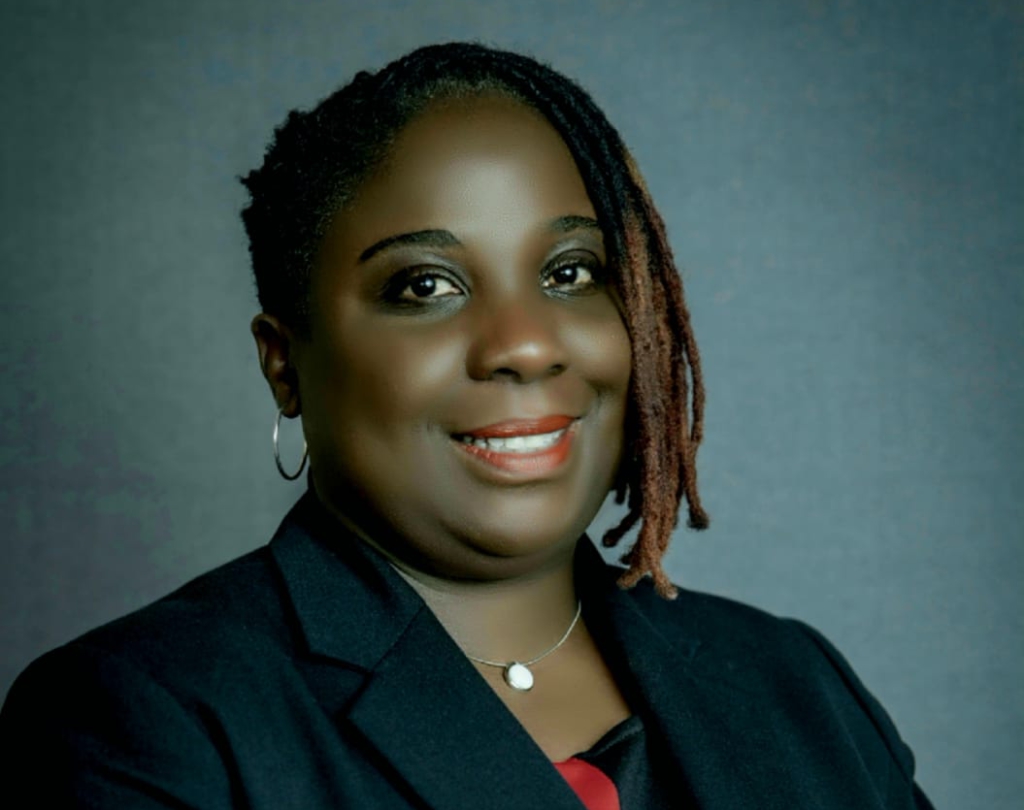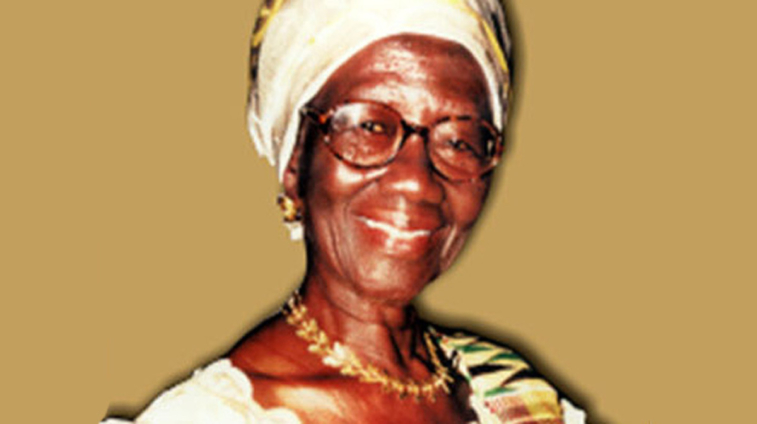On a daily basis, chances are a woman is striving for excellence by joining the strong surge of women entrepreneurs with the vigour and determination to succeed. While Africa has the highest growth of female-run entrepreneurs according to the World Bank, it is also very likely that her entrepreneurial journey will not be easy simply because of her gender. Women in the business industry have varied and unique social and financial challenges.
The global economy surges towards an inevitable recession with the World Bank predicting a shrink of 5.2% by the end of 2020, culminating in economic and humanitarian crisis with slower economic growth, ongoing signs of lower investment, erosion of human capital through lost work and schooling and the fragmentation of regional and global trade. In spite of this, many African countries are showing signs of resilience with emerging opportunities.
Growth of the female economy
The female economy is the world’s largest emerging economy. According to Global Entrepreneurship Monitor, sub-Saharan Africa has the highest rate of female entrepreneurship with 26% of female adults engaged in entrepreneurial activity.
In Ghana, approximately 46% of businesses are owned by women which is more than any other country in the region (MIWE (In full), 2018). The paradox is that the rise of women entrepreneurs is not necessarily in tangent with the grinding pace of the country’s economic development and so worth paying attention to the reasons.
In addition to the already complex environment, the natural order of work is now severely disrupted with what is normal due process becoming constant improvisation. Sectors run prevalently by women include wholesale and retail trade especially in fast-moving consumer goods, food and beverage, hospitality, education, event management, fashion and arts, and wellbeing. Thus, it helps to better identify and understand the factors and conditions that are most conducive to women business owners in the country and address the challenges that limit women from opening or expanding their businesses.
Challenges and bridging the gap
Access to knowledge: There is the need for education and training, upskilling and re-skilling – especially in the technology space which is currently male-dominated. The rapid technological and digital transformations affecting jobs means women have to keep up with the pace through training to be tech-savvy and among others take advantage of online presence. Relevant education programmes and funded training opportunities should be created to eliminate the confinements of women to traditional sectors to achieve market access to new sectors in science, technology and the circular economy.
The big question to ask is why are women still under presented in STEM education? Thus, relevant education programmes and funded training opportunities should be created to eliminate the confinements to traditional sectors to enable market access to new sectors in science, technology and the circular economy.
Access to funding: There is a requirement for financial inclusion - lack of appropriate financial and business strategy advice and access to credit to women entrepreneurs due to little or no collateral security puts them at a disadvantage. Why are women not given more control over family assets such as joint property rights, thus eliminating the need for collateral? So, despite the immense opportunity for economic growth and social impact by investing in women, the limited access to and lack of funding means that their businesses continue to suffer especially at this time when keeping employees is an expensive venture.
Toyin Dania, Women’s Entrepreneurship Day Ghana Ambassador said, “My female clients have been concerned about their businesses but especially their staff and what the new normal will look during these uncertain times. Their businesses are more than just economics – it’s about their staff who have the intellectual value of their training and understanding of their business, and their families. One of the solutions is to reduce working hours which is effective but only in the short-term.”
Social norms, cultural and gender biases: The socio-cultural structures in the society generally favour men in terms of inequalities in social norms, resources distribution, and supportive business networks. The unspoken, ugly reality of physical and emotional violence of women, especially during this crisis period, holds back family, individual and professional progress. Therefore, could there be a business case for essential social welfare services provided for women by women to cater to issues such as domestic abuse? Additionally, there is the misconception of technology being a man’s world, leading to the digital divide where women are marginalised in getting educated about the significance of the digital economy on entrepreneurship. These business networks act as platforms for knowledge exchange, mentorship, as well as bridge the gap between women entrepreneurs and their support system such as the government, non-government organisations, financial institutions and investors, and so forth, creating initiatives, pro-activeness to decision-making including choice of new business sectors and innovative commercial practices.
The saying, “when women work, the economy grows” becomes factual when women on the African continent are empowered with the said solutions – thus, contributing to the achievement of the agenda for Sustainable Development Goal (SDG) 5 (bridging the gender equality gap) and SDG 8 (promote full, productive employment and decent work for all).
Whilst the current global health situation continues to linger and influence business decisions, the tremendous impact will be more obvious as we emerge from the epicenter of the crisis. There is still optimism for women start-up business growth with ongoing pots of funding from Pan-African financial institutions and also access to new markets with the upcoming delayed implementation of the African Continental Free Trade Area (AfCFTA), which is expected to come into effect in early 2021. The goal of this agreement between 54 African countries is to establish a single market to streamline trade, free movement of business travelers and attract long-term investment.
This is a good time for higher education institutions, government and non-government organisations in Ghana and across African borders to work in partnership to co-develop and implement enabling targeted policies and national frameworks, support development programmes, and create and strengthen favourable commercial infrastructures to promote high growth women-owned businesses.
****

The writer is an Associate Dean, Faculty of Business, Entrepreneurship & Communication Arts (Academic City University College)
Latest Stories
-
Jaguar Land Rover electric car whistleblower sacked
2 minutes -
US makes third interest rate cut despite inflation risk
7 minutes -
Fish processors call for intervention against illegal trawling activities
20 minutes -
Ghana will take time to recover – Akorfa Edjeani
52 minutes -
Boakye Agyarko urges reforms to revitalise NPP after election defeat
1 hour -
Finance Minister skips mini-budget presentation for third time
1 hour -
‘ORAL’ team to work gratis – Ablakwa
1 hour -
Affirmative Action Coalition condemns lack of gender quotas in Transition, anti-corruption teams
1 hour -
December 7 election was a battle for the ‘soul of Ghana’ against NPP – Fifi Kwetey
1 hour -
Social media buzzing ahead of Black Sherif’s ‘Zaama Disco’ on December 21
2 hours -
Afenyo-Markin still suffering from the massive defeat – Fifi Kwetey
2 hours -
Retain Afenyo-Markin as NPP leader, he has experience – Deputy Speaker
2 hours -
Kufuor didn’t leave behind a strong economy – Fifi Kwetey
2 hours -
It won’t be business as usual, remain humble – Fifi Kwetey to party members
3 hours -
Ebenezer Ahumah Djietror appointed as new Clerk to Parliament
4 hours

